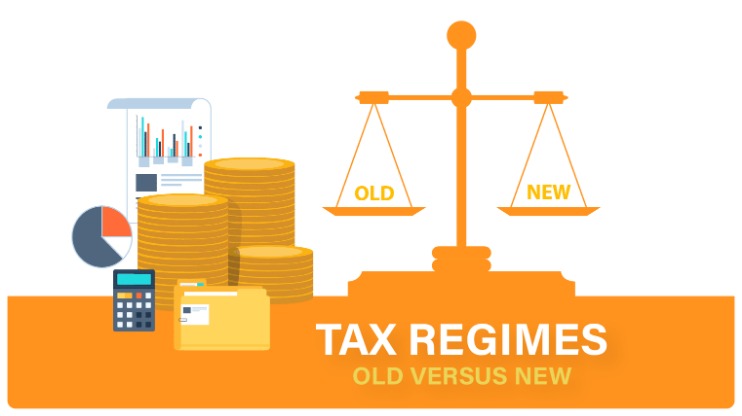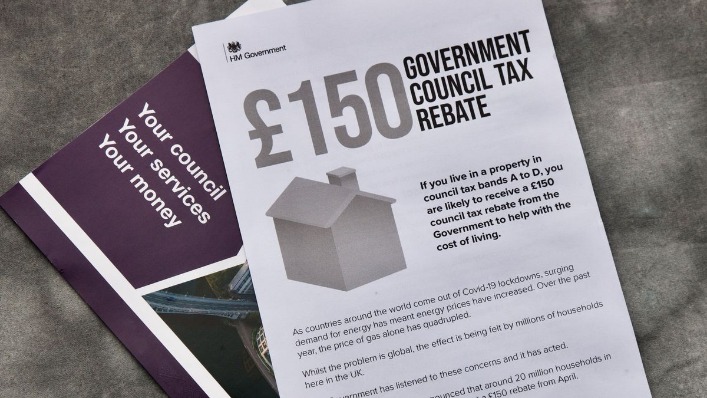When it comes to real estate investing, a 1031 exchange is a powerful tool for deferring taxes and maximizing profits. However, the process can be complicated, requiring detailed knowledge of tax regulations and financial strategies. This is where a 1031 exchange CPA becomes invaluable, guiding investors through intricate details and ensuring compliance with IRS requirements.
What Makes a 1031 Exchange CPA Indispensable?
A 1031 exchange accountant specializes in the nuances of these transactions. They understand the complexities of the Internal Revenue Code Section 1031, which allows the deferral of capital gains taxes when selling one investment property and acquiring another “like-kind” property. These transactions must adhere to strict guidelines, making expert advice crucial.
A professional offering services as a CPA for 1031 exchange can assist with crucial tasks like identifying eligible properties, meeting timelines, and maintaining proper documentation. Furthermore, they collaborate with Qualified Intermediaries (QI) to ensure funds are handled correctly throughout the exchange process.
Essential 1031 Exchange Tax Calculation
One of the more challenging aspects of a 1031 exchange is managing the 1031 exchange tax calculation. Understanding how to calculate deferred gains and the adjusted basis in the new property is critical for avoiding unwanted tax surprises. A knowledgeable CPA can not only perform these calculations but also help optimize tax benefits by strategizing around depreciation recapture and other potential tax liabilities.
Finding the right 1031 exchange CPA near me is essential for real estate investors looking to maximize the financial benefits of a 1031 exchange. Local CPAs often have specialized knowledge of state tax regulations and market conditions, offering insights that are well-tailored to an investor’s specific needs.
Choosing Between a 1031 Exchange CPA and a Qualified Intermediary
While a 1031 exchange accountant focuses on the tax and financial planning aspect, a Qualified Intermediary (QI) is necessary to facilitate the transaction and ensure IRS compliance. Engaging both professionals helps streamline the process, providing a comprehensive approach to navigating 1031 exchanges efficiently.
In conclusion, the complex nature of 1031 exchanges necessitates the expertise of a 1031 exchange CPA. From tax calculations to strategic planning, their role is pivotal in successfully executing these tax-deferred transactions. Investors seeking to reap the benefits of 1031 exchanges should ensure they have an experienced CPA by their side to navigate the intricate pathways of real estate tax laws.




